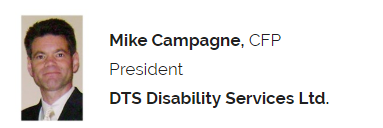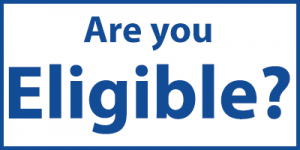Government Subsidized Homecare
Many Elders are paying high private care costs out of pocket when they might be eligible for subsidized government in home support
In most cases elderly persons prefer to stay in their own home as long as possible. While assisted living and residential care workers make every effort to make those places comfortable living environments, the reality is losing independence and control of living environment is difficult. For most parents the home where they may have lived for decades is their castle.
The government healthcare system also wants the elder parent to stay in the home as long as possible because it’s less costly to send a nurse or other professional to the elderly parent’s home for a brief visit rather than provide costly alternate 24/7 living accommodation. Common homecare visit supports can include checking medications are being taken properly, assisting with shots or dressing, getting in and out of shower, or laundry and meal supports (as many elders can no longer do these independently). These types of assistance are far less costly then providing a habitat with part or full time (24/7) aid.
Many elders are paying privately for supports the government will provide at far less out of pocket cost.
Who qualifies for government help? Within British Columbia, in addition to meeting the general eligibility criteria for home and community care services, to be eligible for home support services:
- Your elderly parent have been assessed as requiring personal assistance and/or respite for your caregiver through a clinical assessment by a health authority health care professional; and
- have agreed to pay the assessed client rate.
What will it cost? Once qualified for such support a formula based on the most recent tax filing determines the contribution level from the parent. In most cases the contribution is a small fraction of what it would be to pay someone privately to assist. Ensure during assessment of need to bring a detailed notice of assessment which will show any earned income by the elderly parent as this may lower or cap monthly contributions.
Here too it’s very important to evaluate potential eligibility for the disability tax credit which may have retroactive benefits that could fund some of those costs. As well the co-pay is impacted by any decisions that impact taxable income – get expert advice on how to fund such costs in an efficient way.
The savings to an elder from good tax planning can be in the thousands of dollars annually.
Mike Campagne CFP, BA **
** The views and content are those of the author and the article is not to be construed as financial advice, but rather as general information. Please contact your health care provider to determine specific potential government health care supports to you or family members. Always consult a tax professional in determining the optimal way for you to file your 2018 tax return in regard to relevant tax credits and deductions. Due to the differences in provincial health care rules and regulations, DTS serves elderly clients only in British Columbia.




